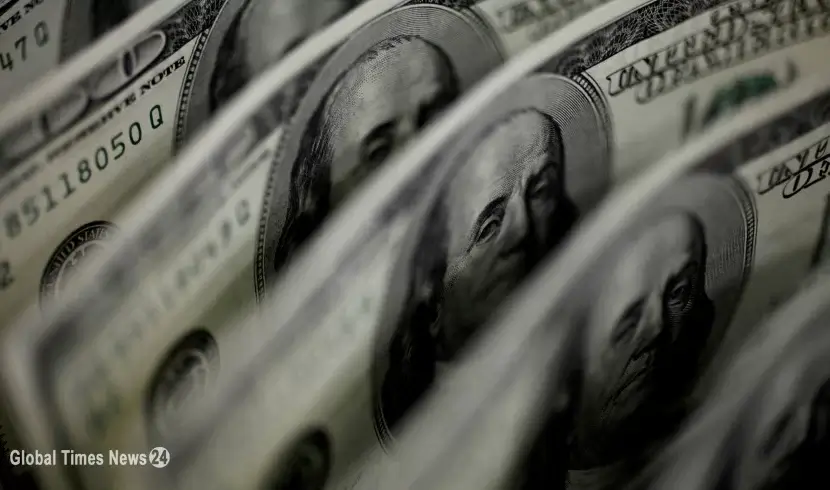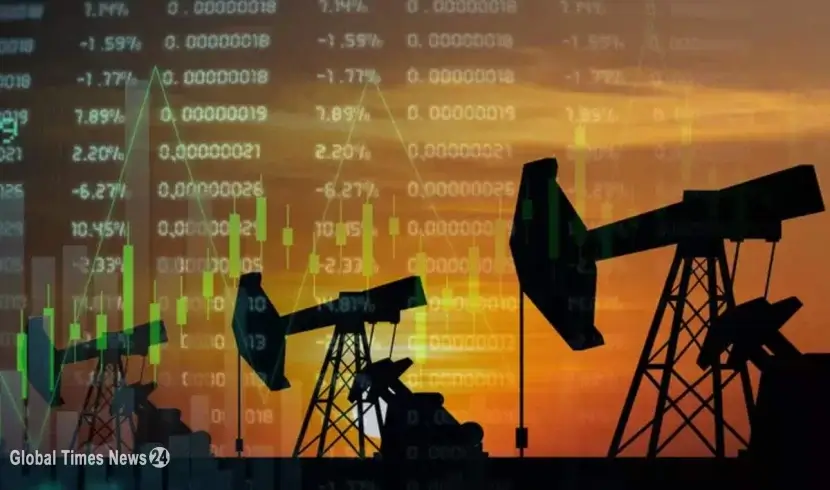The leaders of the G7 countries on Sunday discussed how to fight fast-rising inflation while also maintaining growth and building pressure on the Russian economy with price cap on its oil exports.
After the first session on the global economy at the G7 summit, European Commission President Ursula von der Leyen said they held talks on how to strengthen the world economy.
"We have to tackle inflation, while maintaining growth. Support environmental and social sustainability, while maintaining fiscal and financial stability, and strengthen supply chains' resilience," she said.
Noting that energy prices were the "biggest driver of inflation," von der Leyen said Europe sought to mitigate this through "supply diversification, energy savings, and renewables."
To solve this problem and reduce dependence to Russia, one measure that the world's seven richest nations are discussing is a price cap on Russian oil.
Oil prices have soared since Russia's war in Ukraine began, hitting multi-year highs and carrying the price of Brent to $125.19 last week.
By setting a limit on the price Russia can charge for its oil, Western countries hope to curtail Moscow's revenues while at the same time allowing more oil supply to reach the global market.
US Treasury Secretary Janet Yellen had previously said a price cap on Russian oil would be "an important way to prevent spillover effects to low-income and developing countries that are struggling with high costs of food and energy."
To be discussed at the G7 Summit, the US had proposed a price cap to be decided by oil consumers.
France-based news agency AFP reported on Sunday that Paris warned oil producers to cap prices and backed the US proposal for a maximum oil price, citing a French presidency official.
More details on a price cap are expected to be revealed during the three-day G7 summit in Germany.
News ID : 886
 Dollar steadies as Fed cautions on inflation
Bussiness / Breaking News
Dollar steadies as Fed cautions on inflation
Bussiness / Breaking News
 Oil declines over demand fears as China applies lockdowns
Bussiness / Breaking News
Oil declines over demand fears as China applies lockdowns
Bussiness / Breaking News
 Russia notifies EU of hiking energy prices
Bussiness
Russia notifies EU of hiking energy prices
Bussiness
 Binance CEO to Resign Amidst $4.3 Billion Settlement with US Authorities
Bussiness / Breaking News
Binance CEO to Resign Amidst $4.3 Billion Settlement with US Authorities
Bussiness / Breaking News
 How to Make $300,000 in 18 Months with a Candle Business!
Bussiness / Breaking News
How to Make $300,000 in 18 Months with a Candle Business!
Bussiness / Breaking News